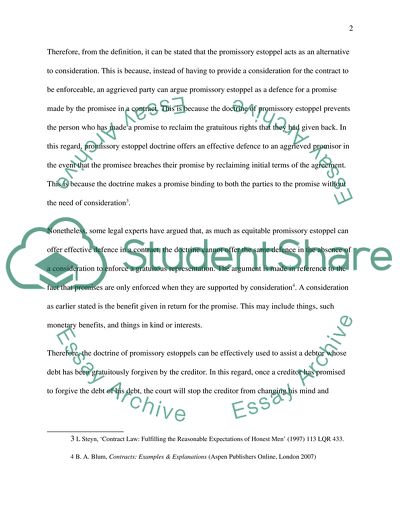Cite this document
(“LLB contract law Essay Example | Topics and Well Written Essays - 2250 words”, n.d.)
LLB contract law Essay Example | Topics and Well Written Essays - 2250 words. Retrieved from https://studentshare.org/law/1673162-llb-contract-law
LLB contract law Essay Example | Topics and Well Written Essays - 2250 words. Retrieved from https://studentshare.org/law/1673162-llb-contract-law
(LLB Contract Law Essay Example | Topics and Well Written Essays - 2250 Words)
LLB Contract Law Essay Example | Topics and Well Written Essays - 2250 Words. https://studentshare.org/law/1673162-llb-contract-law.
LLB Contract Law Essay Example | Topics and Well Written Essays - 2250 Words. https://studentshare.org/law/1673162-llb-contract-law.
“LLB Contract Law Essay Example | Topics and Well Written Essays - 2250 Words”, n.d. https://studentshare.org/law/1673162-llb-contract-law.


